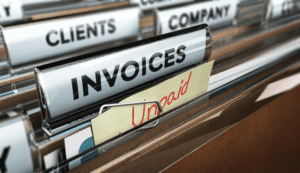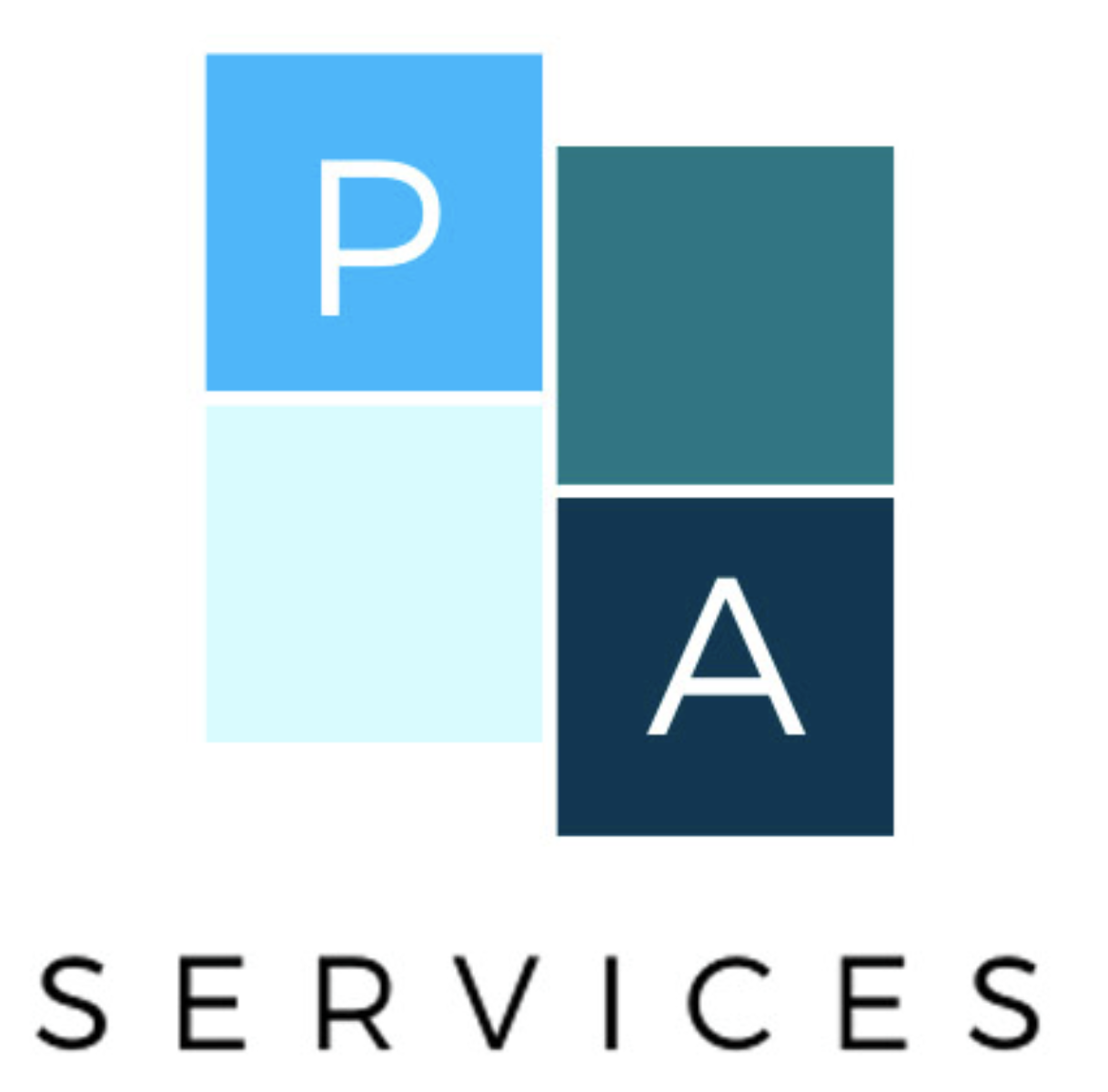
The creditor or debt collection agency may negotiate a repayment plan with the debtor that is acceptable to both parties taking into account important factors such as affordability and treataing customers fairly. If the debtor still refuses to make payment after a court judgment has been issued, there are several enforcement options available to creditors in the UAE. It is important to note that enforcement actions must be carried out in accordance with UAE law and with the assistance of legal Accounting Security professionals. The first step in debt recovery in the UAE is to send a formal demand letter to the debtor. This letter should clearly outline the amount owed, the payment terms, and a deadline for payment. It is important to keep a record of all communication with the debtor, including copies of the demand letter and any responses received.
How Creditors Establish Compliance With the FDCPA
Initiate with polite reminders, gradually increasing assertiveness if necessary steps aren’t taken. This gradual escalation prevents unnecessary strain on the debtor relationship, allowing for cooperation before more severe actions are taken. This could be as easy as sending an email letting your customer know that their payments were declined and giving them options to correct the issue.

Legal Action
This approach acknowledges unique circumstances, increasing the likelihood of cooperative engagement and successful debt resolution. Personalized communication transcends generic payment reminders, resonating with debtors personally and significantly enhancing the effectiveness of debt recovery follow-ups. The outstanding balance of receivables refers to the total amount of money owed to a business or a company by its customers for goods or services delivered yet to be collected. It represents the aggregate value of unpaid invoices and serves as a key indicator of a company’s financial health and liquidity.

Protecting Your Rights as a Creditor in the UAE
- If you are being contacted by a debt collection agency and you want them to stop calling you, it is advisable to communicate only in writing, as it gives you a record of every exchange regarding the alleged debt.
- This letter should clearly outline the amount owed, the reason for the debt, and a deadline for payment.
- When negotiating payment plans with debtors, it is important to approach the situation with a clear and professional demeanor.
- The first is usually via telephone in an attempt to arrange payment for the outstanding balance and ensure that the payments are realized.
- If a debt collector receives a judgment against you, they are entitled to the amount owed and can use alternative debt collection techniques.
- Highlighting errors early in the payments process helps with failed payment recovery and overpayments.
Collection and recovery payment recovery process are strongly related, and they refer to very similar processes. Collection refers to the process of a business attempting to collect on debts owed by its customers. In contrast, recovery refers to the process of a third-party attempting to collect money owed to another creditor or business. Thorough documentation of all interactions and agreements is a crucial practice in debt recovery. Maintaining a comprehensive record of communications, negotiations, and agreements provides a clear and legally sound trail of the debt recovery process.
Access to Legal Options
- The agency will work with the debtor to agree on a repayment schedule that is feasible for both parties.
- With just a few clicks you can look up the GEICO Insurance Agency partner your Business Owners Policy is with to find policy service options and contact information.
- From the easy to the more complex caseloads, Rachel will help you understand the prospects of success across your portfolio – including costs, timescales, and outcomes.
- The same foundation is supporting ClearBank’s exploration of AI for further potential applications, including fraud detection, complaints handling, and beneficiary non-receipt claims.
Encouraging timely payments is a powerful strategy in debt recovery, and offering incentives adds a compelling dimension. Incentives can be of various forms, such as discounts, extended payment terms, or exclusive perks. This motivates debtors to settle their dues promptly and cultivates normal balance a positive relationship. The prospect of tangible benefits creates a win-win scenario, aligning the interests of both parties.
- Here’s how to manage common issues including duplicate, overdue, and failed payments successfully.
- Today, we will be exploring the concept of advance payment recovery, which is an essential part of the payment recovery process.
- You don’t want to be in a position where a failed payment turns out to be just the opportunity a customer needs to end their subscription.
- By following the steps outlined in this article and seeking the assistance of a legal professional or debt collection agency, you can increase your chances of successfully recovering outstanding payments.
- Most debts are recovered in the early phases through letters and negotiation calls.
Remember, a customer is still a customer even when their payment fails, so providing a great customer experience is vital to retention. The quality of the customer experience is just as important as the recovery rates you achieve. All the hard work you’ve put into creating a positive customer experience is at risk if your customer payments aren’t successful. If the BCRC determines that the other insurance is primary to Medicare, they will create an MSP occurrence and post it to Medicare’s records.
Utilizing MSP information gathered by the BCRC, the CRC issues a demand letter for payment to the employer and sends a copy, with claim detail to the insurer/TPA (if known). The Medicare Secondary Payer (MSP) provisions of the Social Security Act (found at 42 U.S.C. § 1395y(b)) require Group Health Plans (GHPs) to make payments before Medicare under certain circumstances. For additional information on this topic, please visit the Medicare Secondary Payer page. If Medicare paid primary when a GHP had primary payment responsibility, CMS will request repayment.

Interest is due and payable for each full 30-day period the debt remains unresolved; payments are applied to interest first and then to the principal. MSP recovery demand letters issued by the claims processing contractors to providers, physicians, and other suppliers. In cases where the loan is secured by collateral such as a vehicle or real estate, the lender may repossess or foreclose on the collateral to satisfy the debt. Repossession involves seizing the asset pledged as collateral, while foreclosure entails the sale of the property to repay the outstanding debt.

